Through their eyes
The historical characters of Burying My Dead would have had a head-scratching week if they could magically appear in 2018. Simeon Small, a man of great decency, would have been saddened by the vitriolic racist drivel that spewed from the Twitter account of actor Roseanne Barr, and the lack of mutual respect and empathy fast becoming normal, like a noxious fad stoked by our own President.
Zhou Zhen, who experienced the pain of family separation and the confusion of immigration, would have shaken her head at U.S. Department of Justice policies that divide children from parents seeking asylum at the Mexican-American border. And, having sex thrust upon her when she was just a child herself, she would surely stand with those campaigning to end child marriage.
My fictional suffragist, Emerson Asher, and her real-life idol, Abigail Scott Duniway, would have railed against the small-mindedness of the Virginia legislature in voting down passage of the Equal Rights Amendment. It has been almost a century since activist Alice Paul created the ERA. After all, women had finally won the right to vote with the passage of the Nineteenth Amendment. Wasn’t gender equality a logical next step? Women of my generation associate the ERA with the explosion of feminism in the 1960s, its reintroduction by Congressional Representative Martha Griffiths in 1971, and its momentous passage through Congress by 1972. But it failed to gain traction among state legislatures, with only 35 of the necessary 38 voting for ratification before the initial deadline. (Oregon passed its own version of the ERA in November 2014, so at least women in our state have a measure of protection.)
All three of these characters, who feel so much like real people to me, would find solace in the image of Kathy Tran, a Vietnamese refugee, who stood among her peers in the Virginia House to vote for the ERA — a baby daughter asleep in her arms and a growing number of female delegates by her side.
And, then, perhaps, Simeon, Emerson and Zhou Zhen would find respite in the shared pleasure of watching colorful Dragon Boats race along the Willamette River as part of the Rose City Festival — a special treat because dragon boats originated in Guangdong, the place Zhou Zhen once called home. In Chinese culture, the dragon is a symbol of strength and vitality, not to be feared but venerated. Honoring the dragon deity was meant to avert calamity and misfortune, and encourage rainfall.
May the Dragon do its job. We can use all the help we can get.
